Warren Buffett Can't Solve the RV Industry's Persistent Breakdown Problem
Jay Nelson was driving away from a picturesque Montana state park in 2020 when he saw smoke in his rearview mirror.
It was coming from the Forest River recreational vehicle he was towing. Nelson, a longtime Montana highway patrolman, got his three daughters to safety, then he and his wife grabbed a fire extinguisher.
He later blamed the incident on a wiring defect. The trailer suffered hundreds of dollars in smoke damage. Nelson said it could have been much worse.
“That could have easily cost the life of my children, my wife, or me,” he said.
RVs are the ticket to an itinerant, back-to-nature lifestyle for millions of Americans. Behind those footloose dreams, however, are vehicle-quality problems that have been blamed for injuries and deaths.
Forest River, owned by Warren Buffett’s Berkshire Hathaway, is one of the RV industry’s Big Three, along with Thor and Winnebago. Over the past decade, those companies have reported more recalls than Detroit’s Big Three automakers, even though they make far fewer vehicles.
RVs have to operate as both houses and vehicles. The complexity of that production leads to more recalls, according to Forest River. Executives, consultants and analysts say the RV industry’s unique manufacturing practices also play a major role.
Unlike highly automated car plants, RV factories typically rely on workers who assemble vehicles by hand. Employees are often paid by the unit instead of a straight hourly wage and can leave once they hit their quota. Some former workers say the system encourages speed over thoroughness.
“The piece rate thing is great, but if you know you’ll get out early when you get done, that’s where the crap comes from,” said Fred Cook, who spent most of his career working in RV factories, including six years at a Forest River plant.
From 2015 to 2024, no single automaker or RV manufacturer issued more recalls than Forest River. About half of its recalls between 2020 and 2024 were due to manufacturing errors rather than faulty parts or poor engineering, according to a Wall Street Journal analysis of federal data.
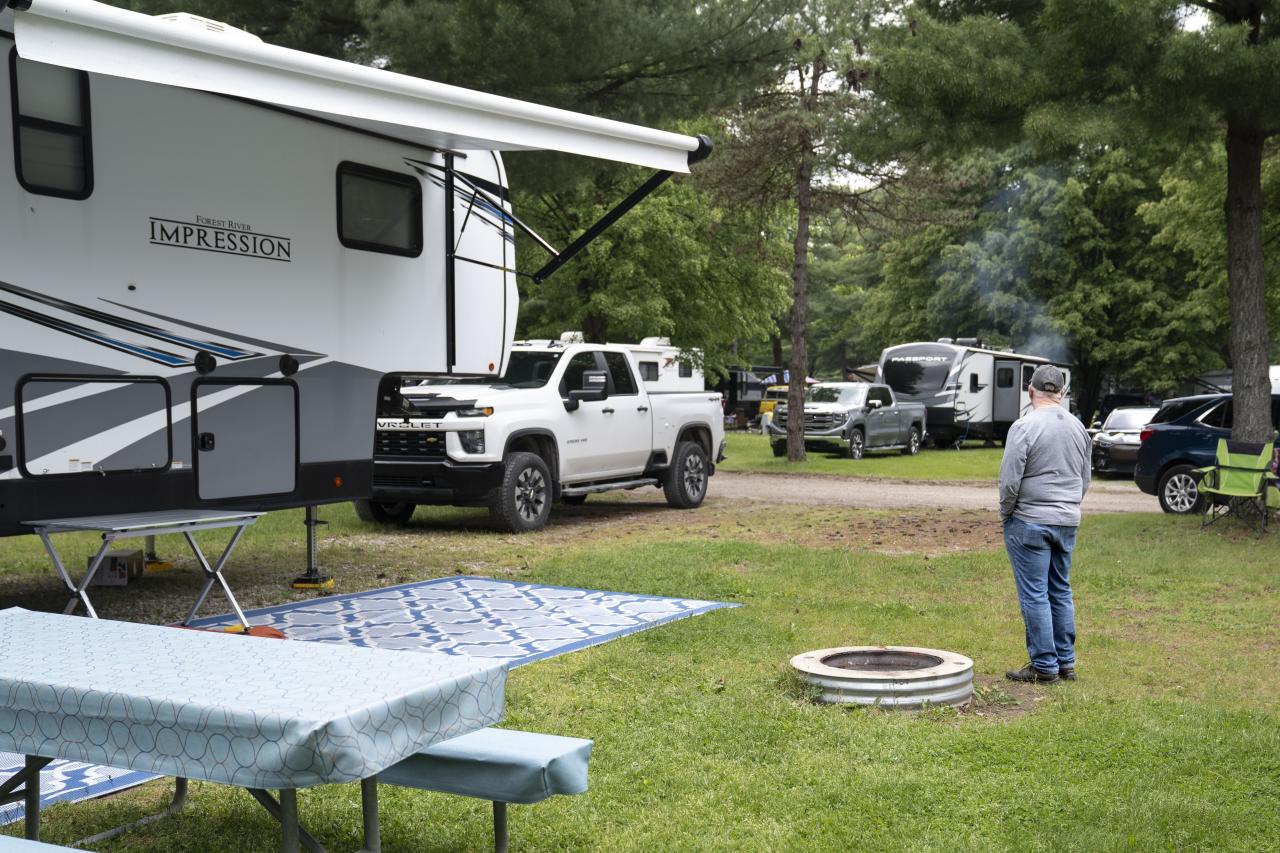
Recall documents highlight insufficient oversight, inattention and haste.
In one case, workers punctured microwaves they were installing with screws that were the incorrect length. In another, inspectors discovered misaligned furnace flues a month after the employee who was checking them quit. In 2023, the company recalled 50 towable campers after finding that workers had created a fire risk by inserting the wrong fuse into power distribution centers.
The reason? The factory had a shortage of the correct fuse.
Federal law requires companies to file a recall within five working days of determining that a vehicle contains a safety-related defect. Forest River said it proactively files recalls out of an overabundance of caution, doing so even when it doesn’t believe a safety defect actually exists. It also noted that other companies’ recalls, on average, have involved many more vehicles.
Forest River said it is committed to producing the safest and highest-quality vehicles, and does thorough inspections before every RV leaves the factory. A trade group, the RV Industry Association, also does its own unannounced inspections six times a year. Noncompliance with the association’s standards can lead to increased inspections, probation or membership termination.
“Forest River will continue to own what we build and stand behind every product with the same honesty that’s helped us become one of the industry’s leading manufacturers,” the company said.
Forest River now faces the biggest probe of its quality control in years with a lawsuit brought by Nelson.
Four years after the incident at the state park, the company recalled about 41,000 vehicles with an electrical component that it said some plants had incorrectly wired—an error that could cause a short circuit and a fire. The safety issue affected two Forest River models produced over 20 years, according to the company’s recall filings, and so far 7% have been repaired.
Nelson said the company issued the recall after inspecting his RV. His lawyers are seeking class-action certification, alleging the wiring defect could affect far more vehicles.
Forest River said it doesn’t comment on pending litigation.
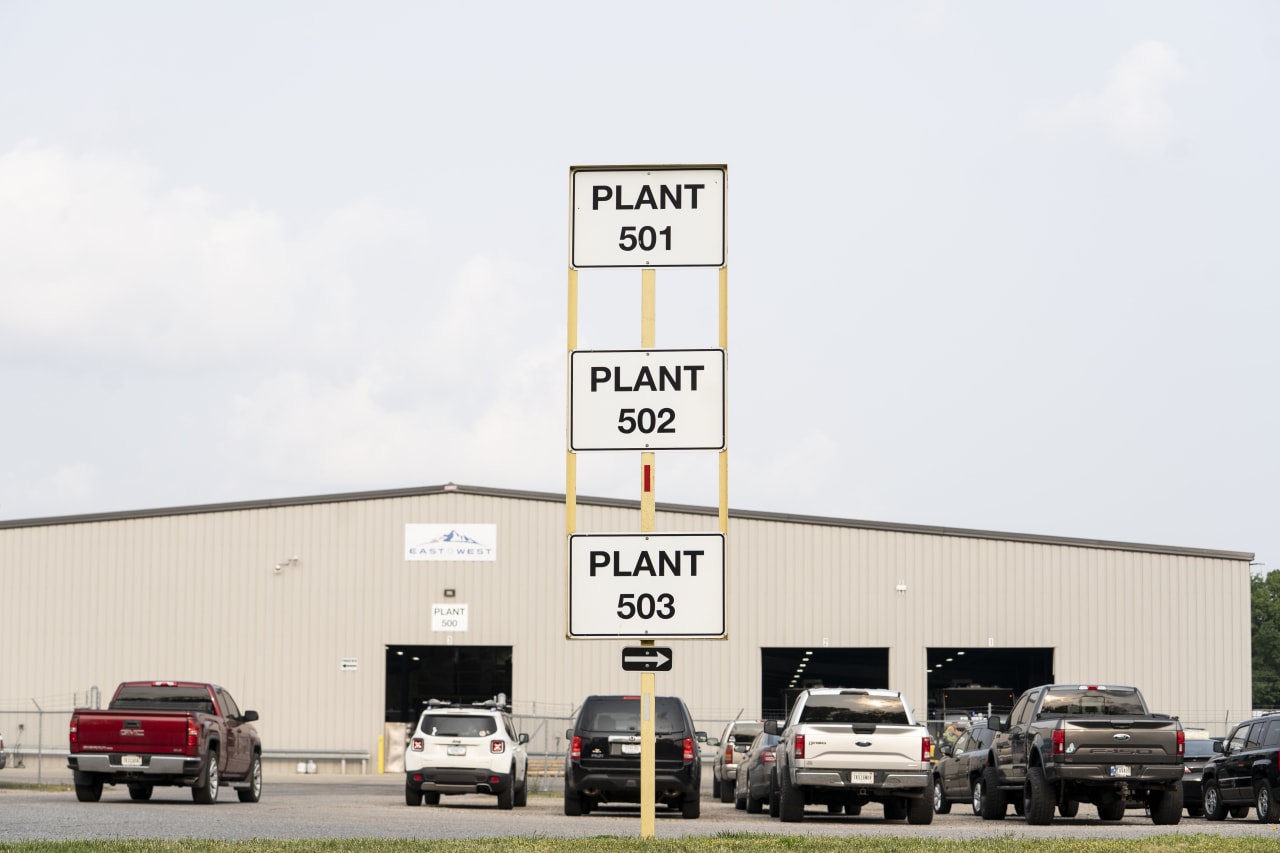
‘A well-oiled machine’
Four out of five RVs in the U.S. are built around Elkhart, Ind., a city of 53,000 between Chicago and Detroit. Long before dawn, its roads are jammed with workers headed to their shifts at warehouselike factories.
The area has been a manufacturing hub for decades, producing everything from trombones to Flintstones vitamins. While many plants closed long ago, RV makers have remained a constant since setting up shop there in the 1940s, taking advantage of the town’s prime auto belt location.
Among those drawn to the business was Pete Liegl, who created a small RV maker in the mid-1980s called Cobra Industries. After selling the company to private investors—and later reclaiming it out of bankruptcy—he renamed it Forest River and offered it to Buffett in 2005 for $800 million.
The legendary investor bought the company for an undisclosed sum following 20 minutes of negotiation.
Buffett has praised the business and Liegl , but has rarely spoken about Forest River in detail. Unlike Thor and Winnebago, which are stand-alone, publicly traded companies, Berkshire typically shares little detail about Forest River beyond occasional remarks on revenue and market share.
“Forest River has 82 plants, and I have yet to visit one,” Buffett said in a 2011 letter to investors.
Forest River said Buffett still hasn’t visited a plant, though the company regularly meets with Berkshire representatives. Buffett and Berkshire didn’t respond to requests for comment. Liegl, who stayed on as CEO, died in November at 80.
Forest River now sells more than 100,000 RVs a year on average and generates more than $6 billion in annual revenue. Like its competitors, the company offers vehicles at various price points, but its bevy of entry-level towable trailers has helped make it the go-to brand for less-affluent buyers.
Michael Swartz, who covers the industry for Truist Securities, said Forest River is especially disciplined with costs, which allows it to offer more attractive deals.
“People try to get their price points as low as possible to match Forest River,” Swartz said. “They’re viewed as a well-oiled machine.”
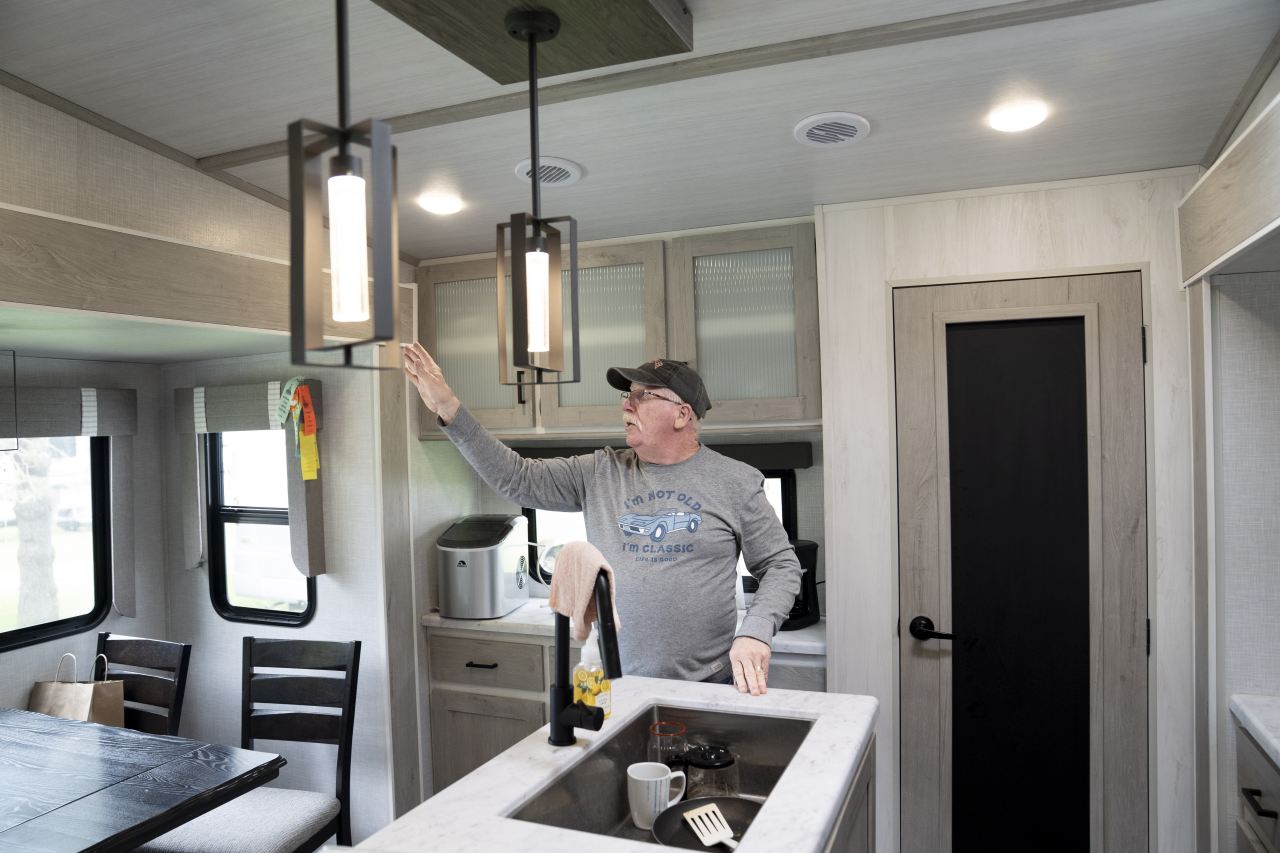
Plants, production and piece-rate pay
The concentration of the industry around Elkhart has created an intensely competitive labor market. Workers, who historically haven’t been unionized, are typically paid a relatively low hourly wage and a bonus known as a “piece rate” that kicks in if they hit a weekly production goal.
Job hunters prefer factories that offer piece-rate pay, according to RV execs, workers and industry consultants. Companies can lure away workers with even a small increase in the rate, leading to high turnover at plants.
Former piece-rate workers at the Big Three said the promise of leaving early once they hit their quota led to fast-paced assemblies. In videos posted online, workers can be seen running back and forth in factories as they install roofs, build sidewalls and add insulation. At the same time, RV makers design and produce new models in weeks, often copying popular features introduced by competitors.
The unstable workforce and lack of automation make it difficult to produce consistent results, Swartz said: “It’s not everything measured to a laser-pointed width of a hair, like in autos.”
Forest River said it offers a variety of compensation programs for workers, and many of its highest quality plants are piece-rate facilities with low turnover.
“Pay programs do not define quality; rather, it’s ongoing training, adherence to standards, regular audits, and long-term employees that combine to create expertise within our workforce,” the company said. Forest River added it uses automation, though it declined to give an example.
Analysts say quality is an industrywide concern; market leader Thor and its many subsidiaries, which operate separately, have collectively had the most recalls over the past decade.
Thor said it errs on the side of caution, issuing recalls when potential safety defects are identified. Winnebago said it adheres to industry best practices to ensure safety and dependability.
Some buyers don’t know what they’re getting into with an RV, said Pat Spackey, a former Air Force mechanic who began repairing RVs during the pandemic. “They’ll have it for five to six years, sell it, and they say, ‘Never again,’” he said.
His repair business, he said, remains brisk.
Wade Mullins, a former General Motors machinist, bought a Forest River RV in 2021, thinking it would be an upgrade over his aging trailer. One of the camper’s bunk beds broke during a final pre-purchase walk-through. The dealer fixed it immediately, Mullins said, but he encountered other issues for years, including peeling wall panels and poorly fitting doors. A blown refrigerator fuse ended up costing him $190.
“For whatever reason they put the fuse behind the fridge,” he said.
Allison Paul bought a Forest River trailer in 2023 with the intention of making it her home, as her work as a pipe fitter took her from job to job. Within a month of it sitting outside, she said, rainwater began leaking through the ceiling. Paul said she put the camper inside a barn and argued with Forest River over the warranty until the company fixed it.
“This is the first and only brand new thing I’ve ever bought in my life, and it went to sh— in a year,” she said.
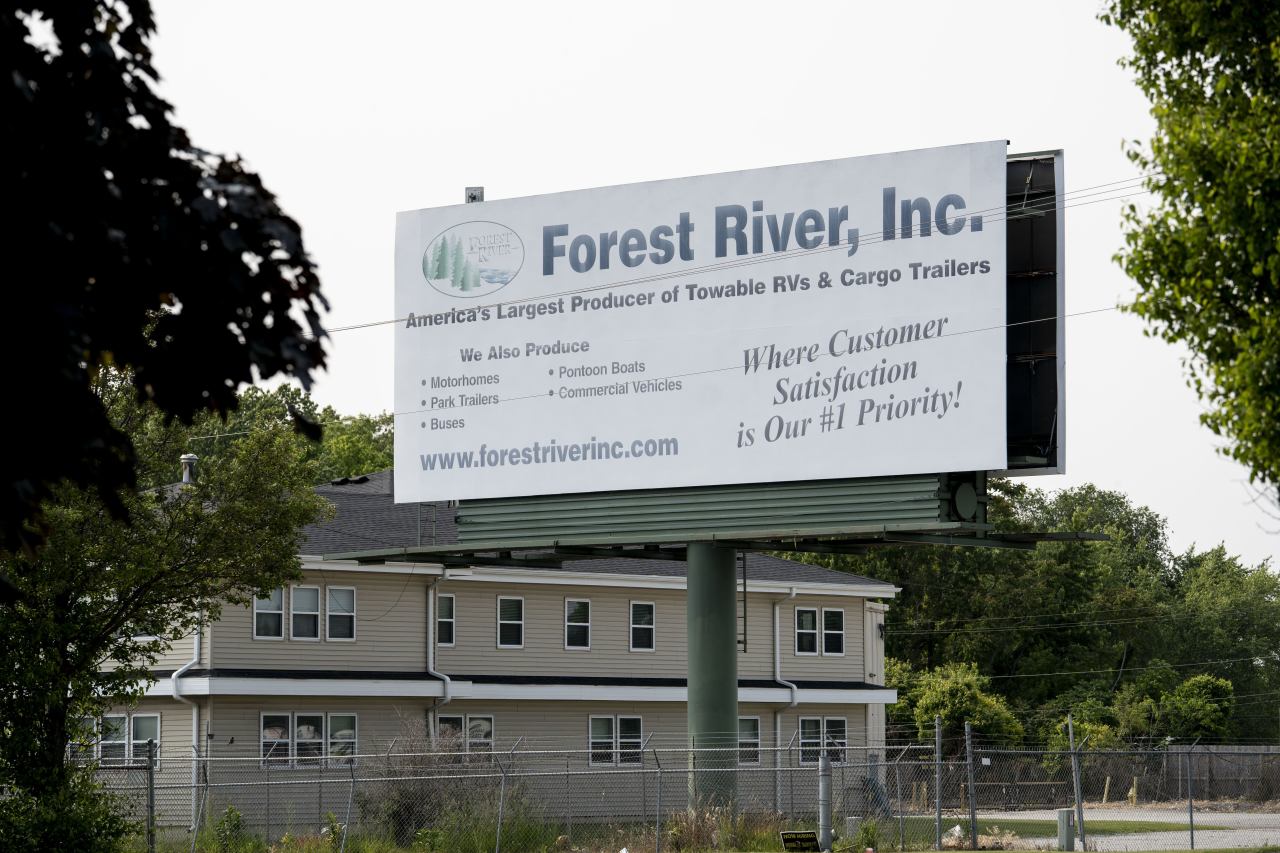
From one recall a year to 50
Forest River used to report as few as one or two recalls a year. In some cases, it issued technical service bulletins that are supposed to address non-safety-related issues. Some highlighted potentially fatal concerns.
In one 2014 bulletin, the company advised that loose wiring could spark a fire. In another the following year, it pointed to furnaces that didn’t have exhaust vents, which could lead to carbon-monoxide exposure.
The National Highway Traffic Safety Administration, the federal government’s top vehicle regulator, told Forest River that those and other problems needed to be treated as recalls. Unlike bulletins, recalls require companies to provide fixes for free and routinely report how many units have been repaired.
As part of a settlement, the company admitted it had violated federal law and ultimately paid a fine of $5 million. Though the sum pales in comparison with a $65 million fine Ford paid earlier this year for similar violations, it is still among the larger penalties NHTSA has collected over the past decade.
In a 2015 interview with a trade publication, Liegl said the matter was an internal IT mistake. “While it was nothing I would call serious in itself, it was obviously serious to NHTSA,” he said.
Forest River said it would remedy violations, create internal practices to comply with the law and conduct independent audits. Following the 2015 settlement, the company revamped its recall processes. It began to report an average of 50 recalls a year.
“As a manufacturer, we continually seek to improve quality and safety,” Forest River said. “Recalls are one tool to accomplish this goal.”
Michael Brooks, executive director of the Center for Auto Safety, said recalls improve safety, but manufacturers should work to ensure defective vehicles never reach the road in the first place.
“I’ve just never heard a manufacturer describe a recall as a tool,” he added. “It’s something they have to resort to when their quality and other processes have failed.”
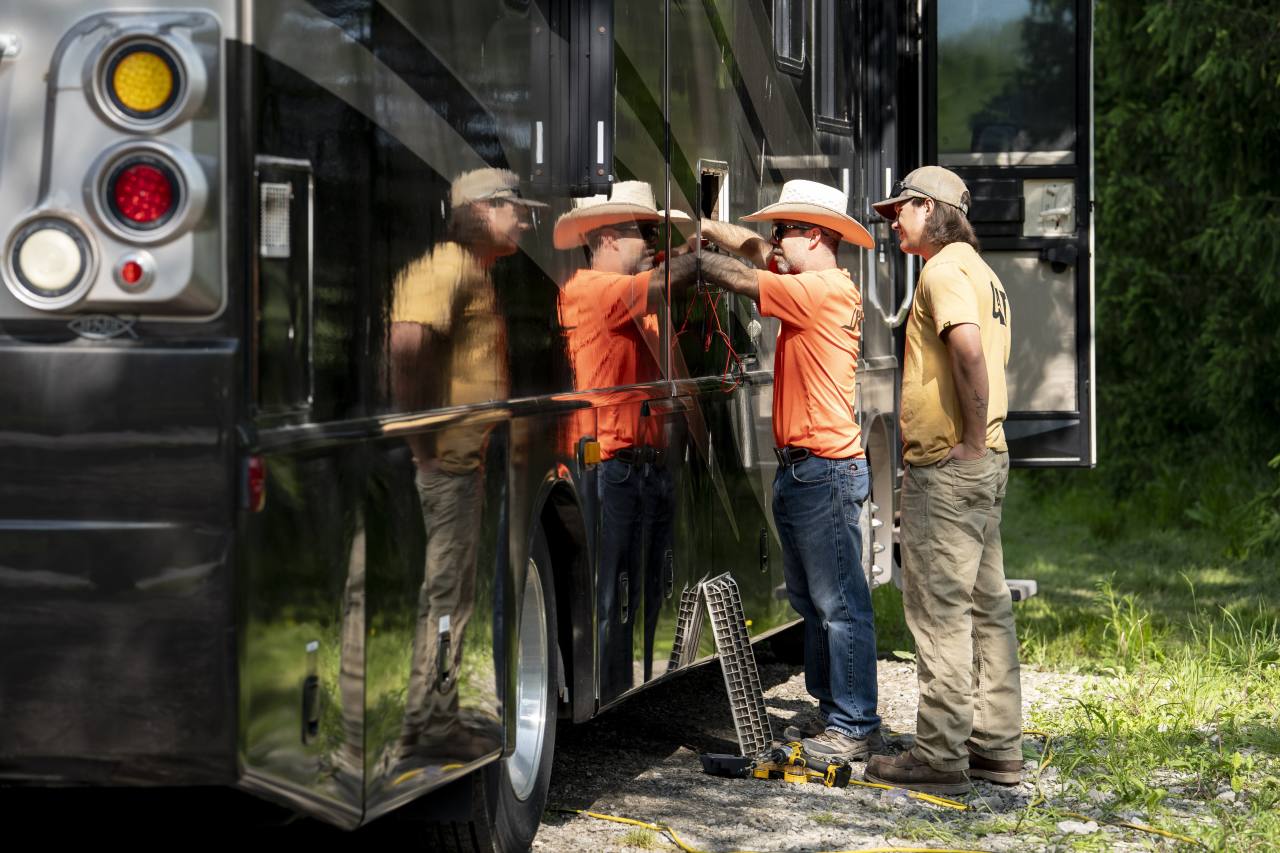
A question of wiring
Forest River’s quality control has come under fresh scrutiny through Nelson’s lawsuit.
Nelson’s lawyers declined to make him available for an interview. In a deposition filed in the case, he said taking his family camping had been a dream. While buying his Palomino Puma fifth-wheel trailer, he said, he completed a “camper college” course to learn best practices for owners.
Nelson returned his camper for a newer Forest River model that had the same wiring issue. After Nelson sued in 2022, his experts allege, the company conducted a study that found that more than half of Forest River plants surveyed were wiring towable RVs in a way that violated industry standards. One of Forest River’s expert witnesses, in a report for the case, said that claim was unsubstantiated.
In seeking class-action certification, Nelson’s lawyers said Forest River’s recall is insufficient and that more than one million vehicles face wiring risks. One of his lawyers is Tab Turner, who more than two decades ago helped bring to light a rollover problem with Ford Explorers that resulted in reputational damage and cost the automaker billions of dollars.
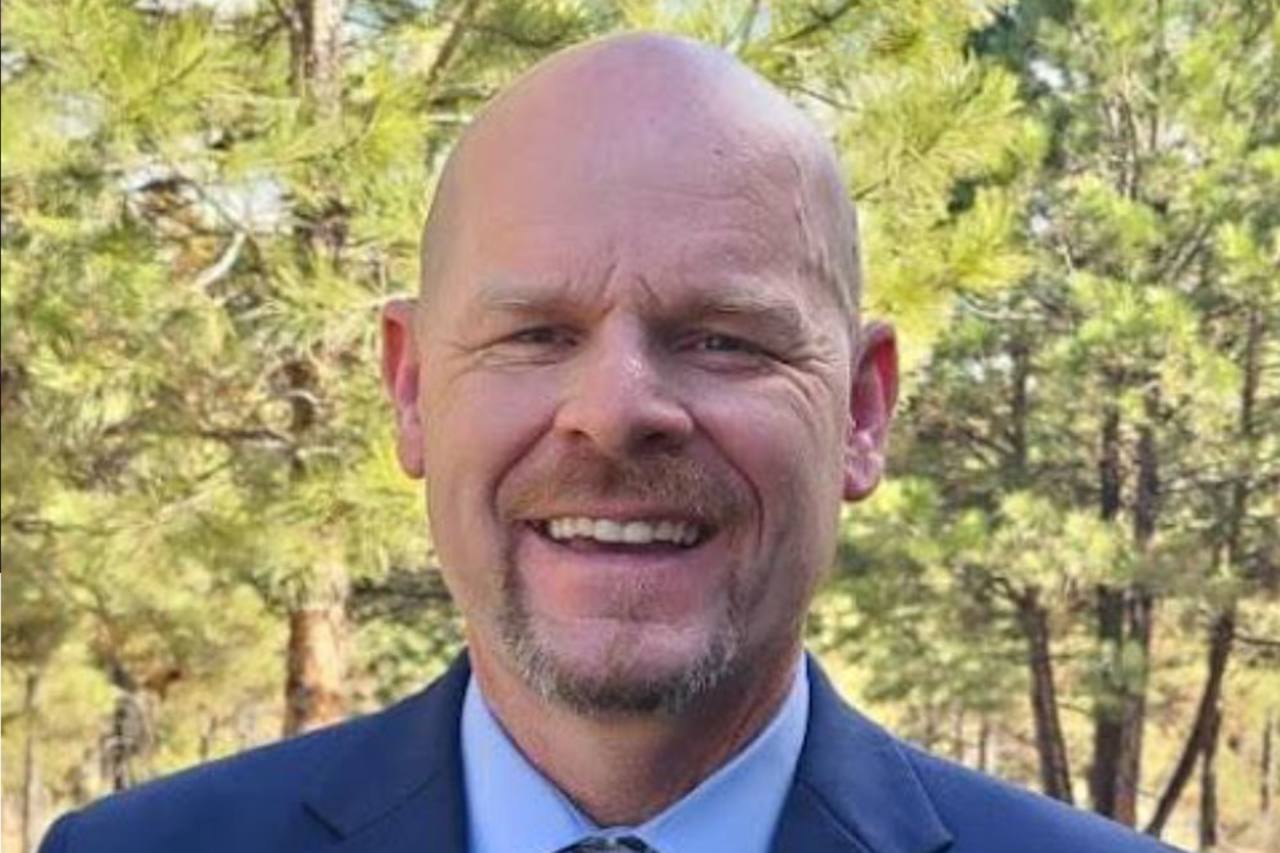
The lawyers hired a team of engineers to survey Forest River vehicles in the field, and said they found roughly 60% of the 86 RV models surveyed had the same wiring problem discovered in the front of Nelson’s trailers.
Forest River said in court filings the proposed class size is overblown because the standards Nelson cites apply only to one type of RV. A Montana judge is expected to rule in coming weeks on whether to grant class certification. A trial in the case is currently scheduled for September.
Forest River declined to comment on the survey conducted by Nelson’s team or say how many fires have been attributed to the defect.
Heather Timmerman and Christy Csernyik say their RV should be on that list.
The pair were lying in bed one night in December 2023 when a fire broke out that destroyed their home. They got out in time but lost their cats and most of their belongings in the flames.
Local police and fire investigators couldn’t determine the cause, and didn’t rule out human intervention, improperly discarded smoking materials or problems with a generator.
Months later, Timmerman and Csernyik received a notice in the mail: Their camper was part of the faulty wiring recall. “When I got that letter, it all made sense,” said Timmerman.
Forest River said connecting the trailer fire to the recall is “an unsupported conclusion.”
Write to John Keilman at john.keilman@wsj.com and Ryan Felton at ryan.felton@wsj.com
Post a Comment for "Warren Buffett Can't Solve the RV Industry's Persistent Breakdown Problem"
Post a Comment